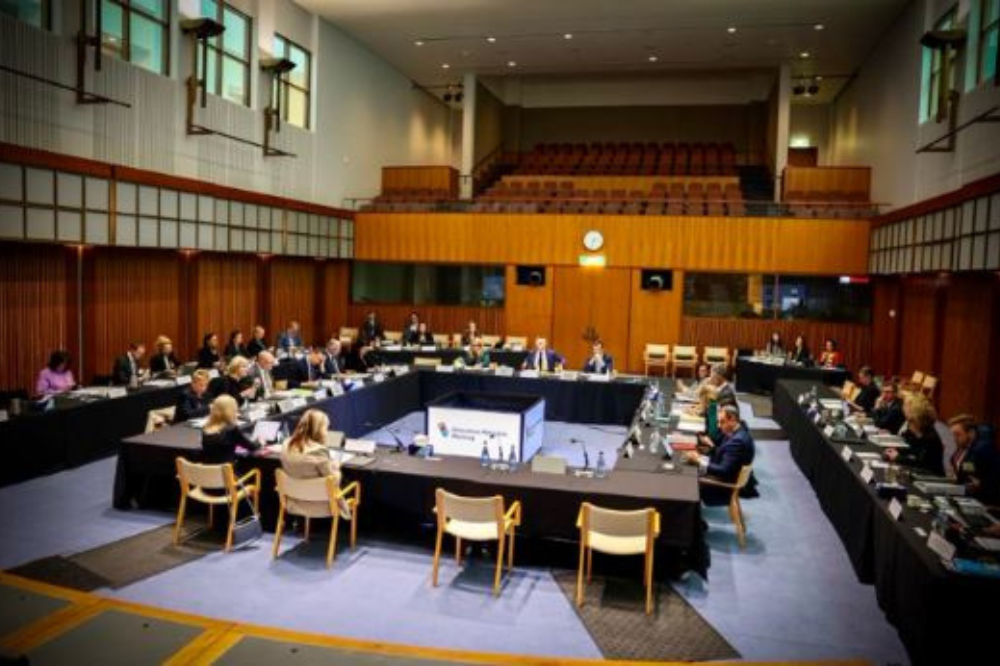
On Wednesday, The Educator revealed that Federal Education Minister Jason Clare is putting principal retention and attraction on the agenda at the next Education Ministers Meeting, which will be held sometime over the next few weeks.
The announcement follows alarming statistics showing that the nation’s teacher shortage may soon morph into a principal shortage, draining crucial experience and quality from Australia’s classrooms – and at a time when schools are struggling to reverse a long-term decline in student outcomes.
Even a glimpse at the data shows how an unthinkable principal shortage could manifest into stark reality, and a lot sooner than many expect.
The Australian Catholic University’s Australian Principal Occupational Health, Safety and Wellbeing Survey 2023 found nearly half (48%) of Australia’s school principals reported being physically attacked in 2023 – a staggering 78% increase from 2011 when the survey first started.
According to the school leaders surveyed, an alarming 96% of physical assaults are coming from the students under their care, while threats of violence from parents or caregivers remained high (65%), as did cyberbullying, with a staggering 88% of principals saying they’d dealt with this form of abuse in 2023.
While violent assaults, threats, and bullying against the profession is on the rise, the top sources of stress for school leaders was the sheer quantity of work, lack of time to focus on teaching and learning, mental health of students, mental health of staff, and student-related issues.
These issues have left school leaders feeling at their wit’s end. Almost 19% of those surveyed reported moderate-to-severe levels of anxiety, while about 18% said they had moderate-to-severe depression. Early-career school leaders were most likely to report higher levels of anxiety and depression.
A national call to action
In March, the most esteemed leaders in Australian education gathered at Parliament House in Canberra for the landmark ‘Equity in Australian Secondary Education: Crossing the Divide’ summit, convened by the Australian Secondary Principals’ Association (ASPA).
The summit, which coincided with the release of the ACU survey was a rare opportunity for the nation’s peak bodies representing school leaders to appeal face-to-face for the Federal Education Minister to meaningfully address the serious issues that have pushed the profession to breaking point.
To the joy of everyone present, the Minister heeded this call, committing to urgent national action to improve the occupational health, safety and wellbeing of Australia’s principals.
Specifically, the Federal Government has agreed to consider ASPA’s proposed sixth priority area – titled: ‘Retain and Sustain our Principals’ – which the Association wants added to the National Teacher Workforce Action Plan.
The measures ASPA wants incorporated into the Plan include ongoing monitoring of principals' health and wellbeing; a review of workloads and administrative responsibilities; and an investment in the administrative staff and systems in Australia’s’ schools.
Other key proposals include greater powers for principals to respond to violence and unsafe behaviour; tailored training and development programs; appropriate remuneration frameworks that reflect the complexity of the role; and quarantining funds from other agencies such as Health and Community Services to support school communities.
'Not a panacea, but it's a start'
The National Teacher Workforce Action Plan, which was agreed to by Education Ministers in December 2022, includes $337.3m in federal funding for extra university places, improved teacher training, new teaching scholarships and a national campaign to elevate the teaching profession.
“The Action Plan is not a panacea, but it’s a start. It’s also a living document and that’s why I have put the issue of principal retention and attraction on the agenda for the next Education Ministers Meeting," Minister Clare told The Educator.
“I’ll continue to work with States and Territories Education Ministers to determine what is working and what isn’t, so we can address teacher shortages and improve staff wellbeing across the country.”
Valuable experience disappearing from classrooms
ACU investigator and former principal Dr Paul Kidson said with more than 4,000 teacher positions needing to be filled, there are questions about how Australia will replace the pipeline of staff that will leave over the next five years.
“And that's just the natural attrition. If this unnecessary attrition of teachers and leaders continues, then we’ll be in a world of pain, and we’ll have a very hard time fixing it,” Dr Kidson told The Educator.
“In our data, it’s the leaders who have served six to 10 years who had the highest in response to saying they might want to leave. And when that experience, wisdom and knowledge walks out the door, the problems schools face are compounded. This is why we need an urgent response.”
The ACU’s survey found 63% of NSW school leaders expressed an intention to quit – the highest among all States and Territories.
NSW Secondary Principals Council (SPC) president, Craig Petersen said the SPC’s own principal health, safety and wellbeing survey shows that the pressures faced by the profession in his state are worsening over time.
“We can't expect our teachers to be doing as well as they can if the principals themselves are under the enormous stress and burden that we currently place them under,” Petersen told The Educator.
“But some things can be done right now – and they need to be done sooner rather than later, because we can't afford to lose any more principals or teachers from our systems.”


